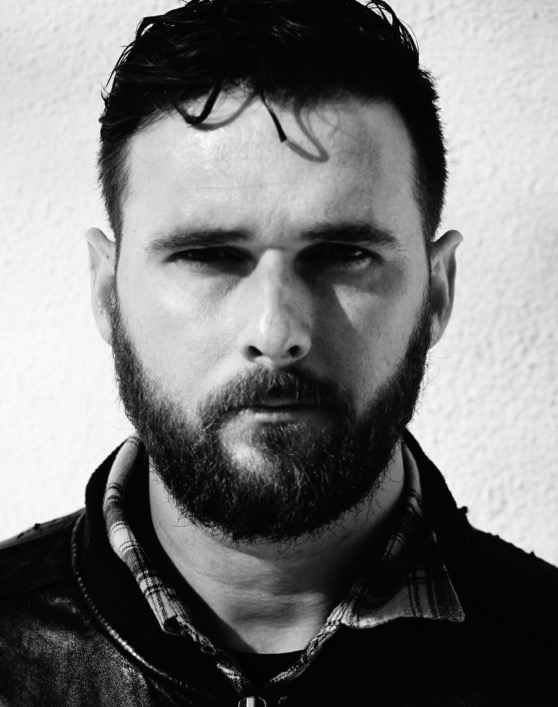I first met Dan Dombrowski when I was offered an interview through his representatives during the promotional rounds for a film called “The Estate.” The first thing I noticed about Dan was how open he was. I was supposed to have a short window with him, maybe 15 minutes, and we ended up talking for an extended period of time about things that surpassed his score for “The Estate.” But that’s how Dan is; he is always eager to help and to chat about anything. I would consider him a friend that just so happens to work in the film industry.
You may not know Dan by name, but if you have watched “The Carbonaro Effect,” you can hear Dan’s music and sound effects in the first three seasons. His music was also used for “Buying Alaska.” Despite the fact that none of his family members played music, Dan’s music career began before college where he played in a band. But it wasn’t until after college that he got a real job in the music industry. Dan worked at a recording studio in New York City that is no longer open. Dan described the position as: “I was essentially a runner, like just running around town, getting stuff for sessions and making coffee and cleaning the room and setting stuff up and putting stuff away and I earned a whopping $5 and 15 cents an hour in New York doing that.”
After that stint, Dan found himself going to Costa Rica for a period of time before getting another job for Zomba Records. He began as a worker in the archiving department before secretly moving into the international marketing department. “I ended up working in the international department handling all of the release planning and manufacturing of us repertoire outside of the US so whenever we would really see us, artists, anywhere in the world, I would be the guy that made that happen. At that point, it was manufacturing, CDs because iTunes was just kind of happening,” said Dan.
But even at this point, with a steady job and all, Dan felt frustrated and unfulfilled in work. This is where Dan’s story can be a message for college students: utilize your talents and do what you enjoy. Like many students, Dan said, “I didn’t know that [there were] other things besides getting out of school, working a job in rising up the ranks.” But Dan added, “You’re not going to be happy all the time. You’re not like there’s a lot of stuff that talks about this job. Like you write a piece of music, but if it’s not what the person wants.”
Dan’s biggest piece of advice was to take risks, especially while in school. Dan said, “You don’t need to send money to people. You don’t have a mortgage, [and] crazy payments. That’s when you should chase these things, you can always go get a job. There’s always a way to earn a living.” Dan’s big break in composing came when he was working at Sony, and someone he knew connected him with someone making videos that he could score for. That ended up being TV show “South Beach Tow.”
If one thing can be learned from Dan, it’s to find what you love and just do it. No matter what, you can always find a way to make a living. Dan knows that he may not be Hans Zimmer or John Williams (yet), but he is constantly booked and working on various projects for film, TV, and video games. For all of the uncertainty many college students face, as they prepare for the world, take a look at the story of a man who went from being paid $5 an hour to scoring for “The Carbonaro Effect.”

